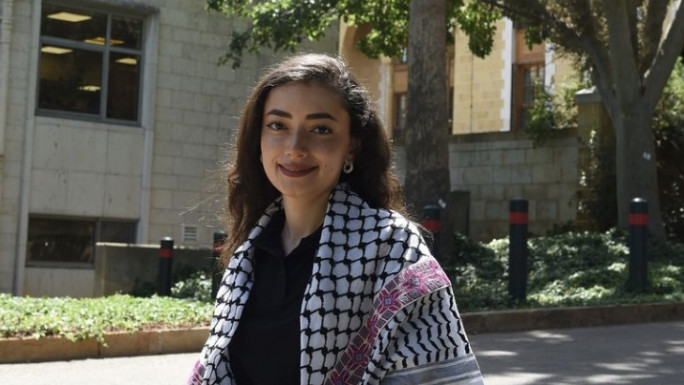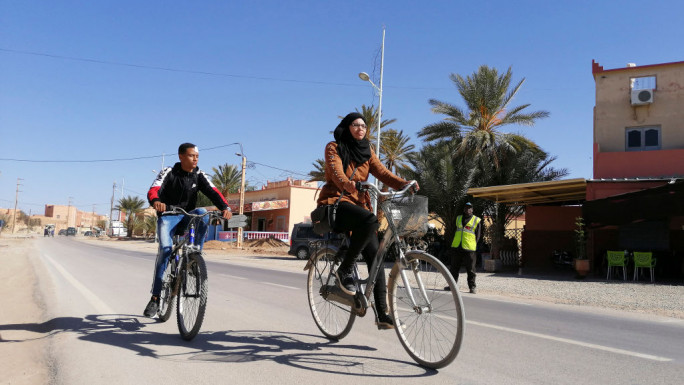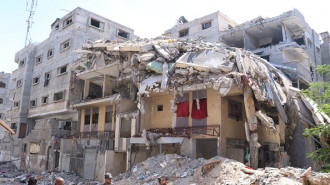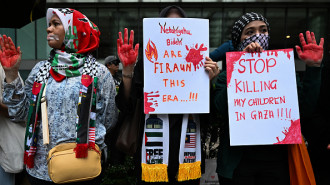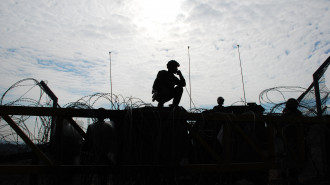Palestinians in Gaza would 'rather die' than live through more conflict as mental health needs surge
A growing number of Palestinians in Gaza are facing mental health problems including widespread depression, anxiety, and trauma following nearly 11 months of conflict, repeated displacement, and deprivation.
Both adults and children in Gaza are expressing the wish to die rather than live through further displacement, violence, and deprivation, according to a new study by Swiss humanitarian research group ACAPS.
Israeli attacks on the tiny enclave have decimated cities and towns and pushed nearly the whole 2.3 million population into around 10 percent of the territory.
For months, Palestinians have been living in tents, dependent on aid handouts, and living in unsanitary conditions which have triggered disease outbreaks.
The study, based on interviews with humanitarian responders, psychologists, and healthcare workers in Gaza, found a significant increase in mental health and support needs among the population, including "almost all" children.
"Problems include depression in children as young as five, anxiety, regressive behaviours and suicidal thoughts," the report, published on Tuesday, said.
"High numbers of unaccompanied and separated children are at particularly high risk of developing mental health and psychosocial problems."
Save the Children said in June that some 17,000 children in Gaza are estimated to be unaccompanied and separated.
Doctors and medics in hospitals in Gaza have reported regularly treating children suffering serious wounds from artillery shells as well as gunshots to the head.
Palestinian-British surgeon Dr. Ghassan Abu Sitta who volunteered in Gaza early in the war said that one of the most harrowing sights he encountered was "the phenomenon of a wounded child, no surviving family".
ACAPS study said that mental health issues among the population have been exacerbated by the absence of any safe space and indiscriminate bombardment which "creates constant fear".
"Repeated displacement has decreased coping capacities and heightened stress and uncertainty," the report read.
At the end of August, 1.9 million people had been displaced, according to data from UNRWA.
In July and August, Israeli forces ordered the evacuation of parts of Khan Younis in southern Gaza as well as Deir al-Balah in central Gaza, which impacted humanitarian operations and workers.
Earlier this year, several leading international aid organisations claimed that Israel's evacuation orders on Gaza’s population were breaching international humanitarian law and amounted to "forcible transfer".
The war has also impacted people's ability to work and provide for their families, with the majority now dependent on aid handouts, damaging self-esteem and making people feel helpless, ACAPS said.
The report also noted that nearly 60 years of conflict and occupation have exposed Gaza’s population to repeated violence and trauma.
Despite this, there were safe spaces to socialise and gather like mosques, coffee shops or homes which served as support mechanisms, but the current war has destroyed these places, leaving people with little to no relief from the fighting and fear.
The report also focuses on the unique aspect of the conflict that healthcare and other emergency workers are experiencing the same trauma as their patients, which is being compounded by highly stressful work environments and overworking.
More than 40,800 Palestinians have been killed by Israeli attacks since last October with nearly 95,000 others injured, according to the health ministry in Gaza.
Nearly half a million are facing food insecurity while only 17 hospitals are partially functioning, OCHA reported.
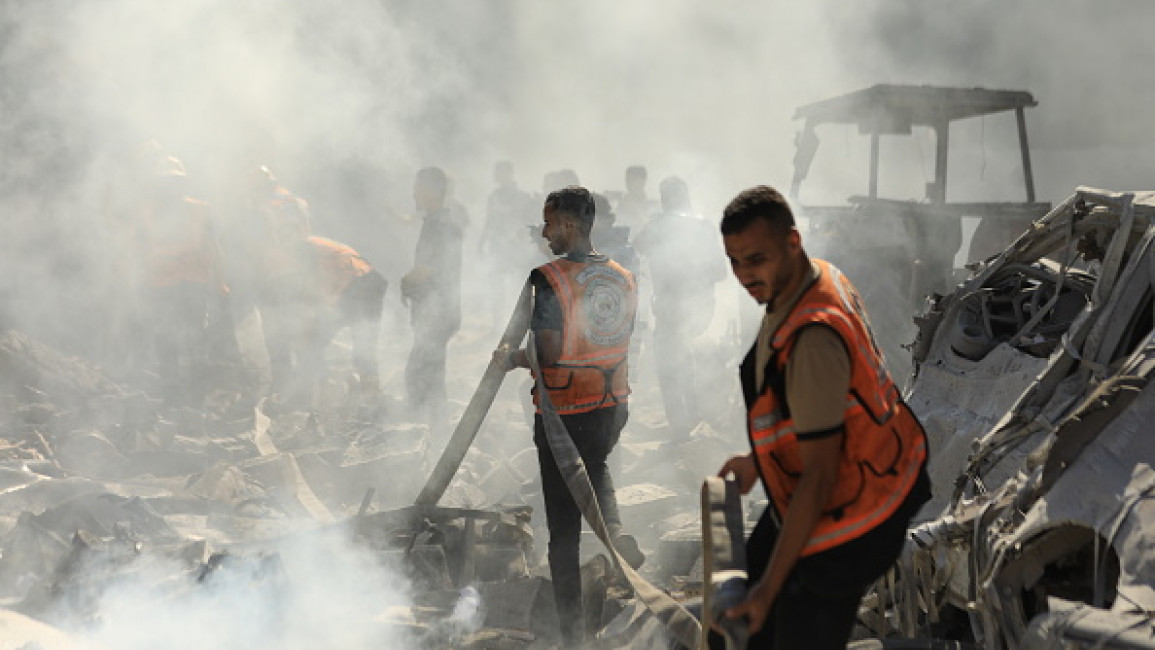
![Palestine sat next to member states at the United Nations General Assembly on Tuesday [GETTY]](/sites/default/files/styles/image_684x385/public/1441455581.jpeg?h=199d8c1f&itok=CgJaFY6v)
